Meta Tags are pieces of ‘meta information’ that are tagged to a web page or website. Put simply, they are words, phrases and sentences that are designed to help search engine robots (crawlers) understand what a web page/site is all about.
You may be wondering – “If search bots can understand the words in meta tags, why can’t they work out what the page is about from the actual content?”
Some pages have thousands of words that span across multiple topics and sub topics. It would be highly unreliable to expect bots to figure out which are the most relevant ones (although Google is getting close).
Instead, if webmasters want search engines to match their content with the right user search queries (to get more visitors), they need to summarize what the web page or site is about in their meta tags.
So what exactly are Meta Tags?
In essence they are pieces of HTML code, the underlying programming language used to create web pages.
There are 4 main types of meta tags that webmasters and bloggers need to be familiar with:
- Title Tags – The <title> tag plays a vital role to sum up what a page is about succinctly in less than 60 characters.
- Meta Descriptions – The <meta name= “description”> tag complements the title to provide insights into the page content and should be no more than 160 characters long.
- Meta Keywords – The <meta name=”keywords”> tag is a third way to associate more keywords to the web page which may not fit into the title or description. Unfortunately, it was abused by webmasters who used unrelated words to cheat/trick the search engines, and doesn’t have much value anymore.
- Robots Tag – The <meta name= “robots> tag contains information to tell Google’s robots what to do when it gets to the page. The bots can be asked to ignore the page and not to index/follow it “noindex,nofollow”, or be welcome to “index,follow”.
What are Meta Tag Generators?
As the name implies, they are simple tools where users can enter information for their web page’s meta tags, and the correct HTML code will be automatically generated. Webmasters can then copy the code and paste it into the web page they’re designing.
This was a very useful tool during the early days of the web, especially for webmasters who were not very familiar with HTML or wanted a quick way to produce the right code quickly.
Today, most of the HTML code in web pages are not manually written anymore. The majority of websites are created with Content Management Systems (CMS) such as WordPress or DIY Site Builders that are designed for non-coders to design and manage their own site.
Meta tag generators are effectively built into these CMSs now, where users just need to enter the page title and description in one place, along with all the content and other relevant information.
Are Title Tags & Meta Descriptions still Important?
Some of you may be thinking – if webmasters could put fake meta keywords to try and trick the search engines, can’t this be done for titles and descriptions too? Yes, of course it can be.
The bottom line is this – Google is the main search engine that gets most of the search traffic, and they set the rules. Meta keywords have zero or negligible value now, and titles and descriptions still very important for search engine optimization (SEO) purposes.
Now that Google is a lot smarter than it was in the 90s or early 2000s, it doesn’t need to rely on the title/description tags as much. But it does use them as signals to help understand each page.
Google has made it clear that webmasters must not try to artificially manipulate their rankings by providing false information or engaging in deceitful practices. In short, you must not try to put questionable information into your Title Tags or Meta Description, or your site will be penalized!
Meta Tag Optimization
As the web has become more competitive, it is even more important to give your web page as much of an edge as possible to rank well in Google.
This means that webmasters should make full use of the available pieces of information they can feed to the search bots that crawl the web.
And there’s a limit to how much information you can feed them. The consensus is a maximum of 60 characters for title tags and 160 characters for meta descriptions. That’s not a lot!
Hence the term – meta tag optimization.
The words in these 60 and 160 characters now need to be expertly crafted to be as meaningful and keyword relevant as possible.
The New Meta Tag Generators of the 2020s
With the increased focus on squeezing as much value into meta title and description tags as possible, modern meta tag generators serve a different purpose.
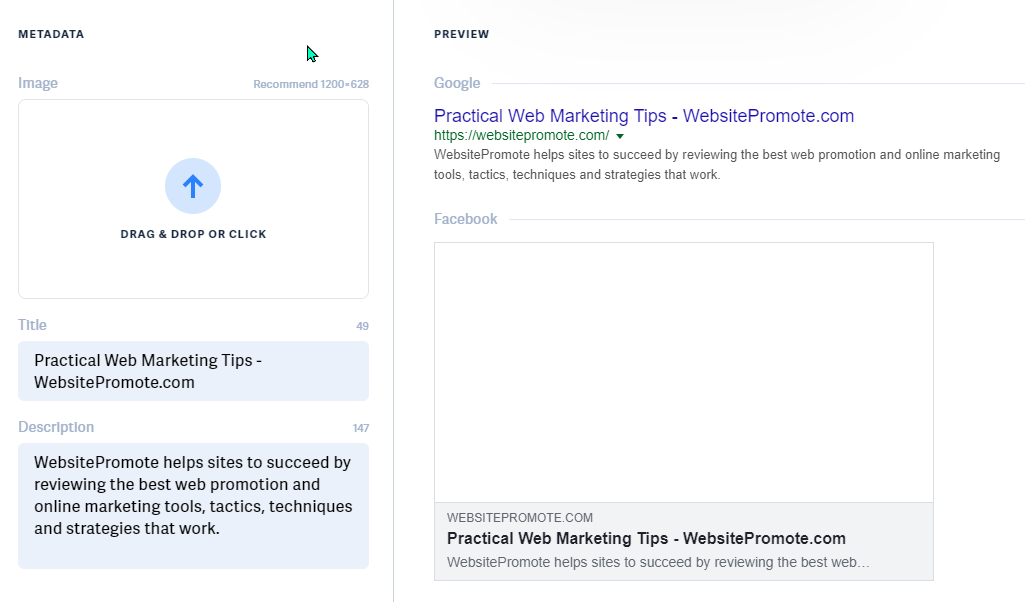
It’s not to generate HTML code, but rather to help users keep track of how many characters they’ve used while crafting the tags, so that titles and descriptions can be rewritten until every last character has been put to good use.
Advanced meta tag generators also show how the tags will appear in Google’s search engine results page (SERP) in real time. This allows users to get a better idea of what wording may be the most effective to get attention.
Looking for a Meta Tag Tool? Check out https://metatags.io/ – it shows you what your metas look like in your social accounts too.





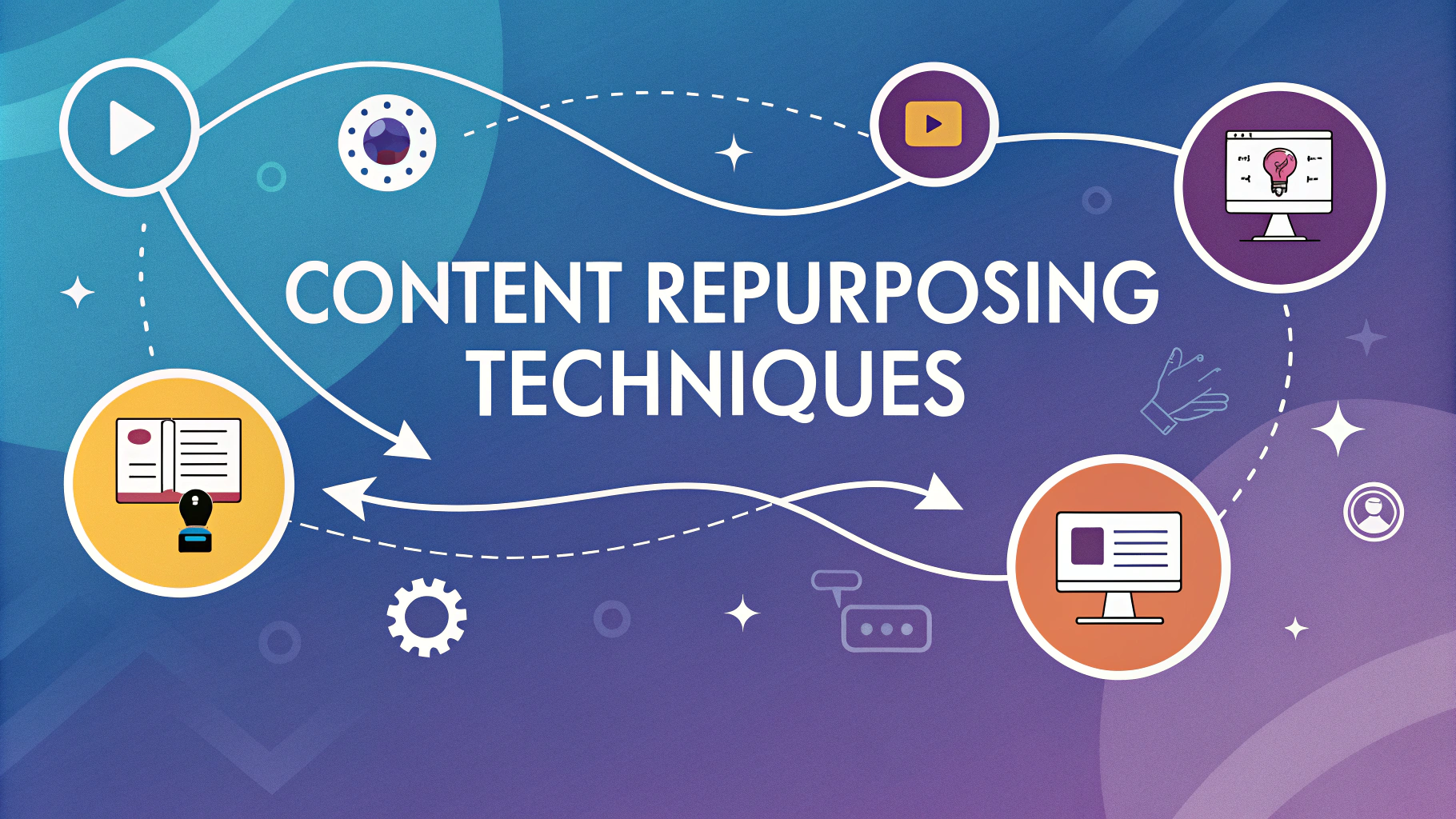
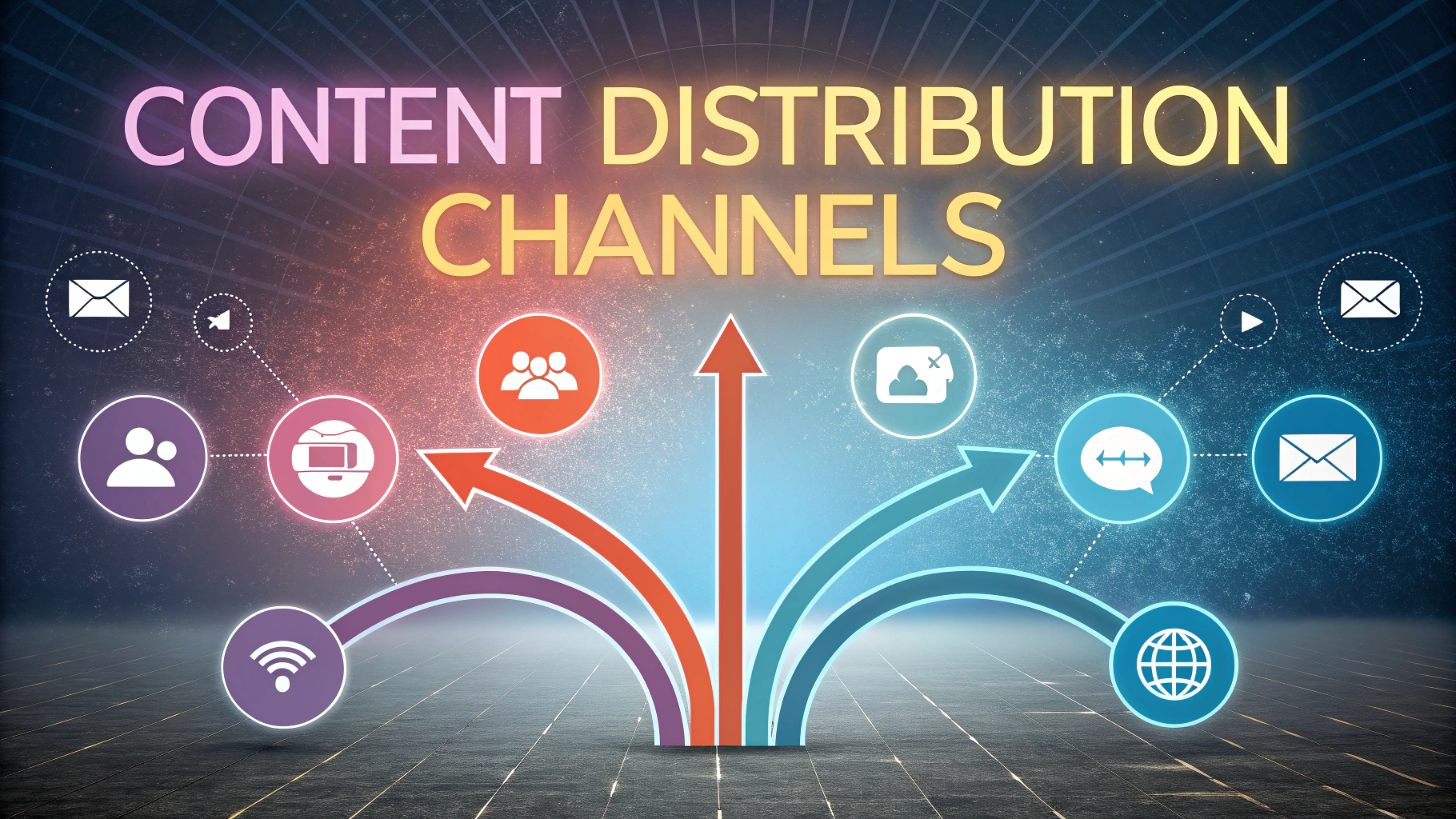

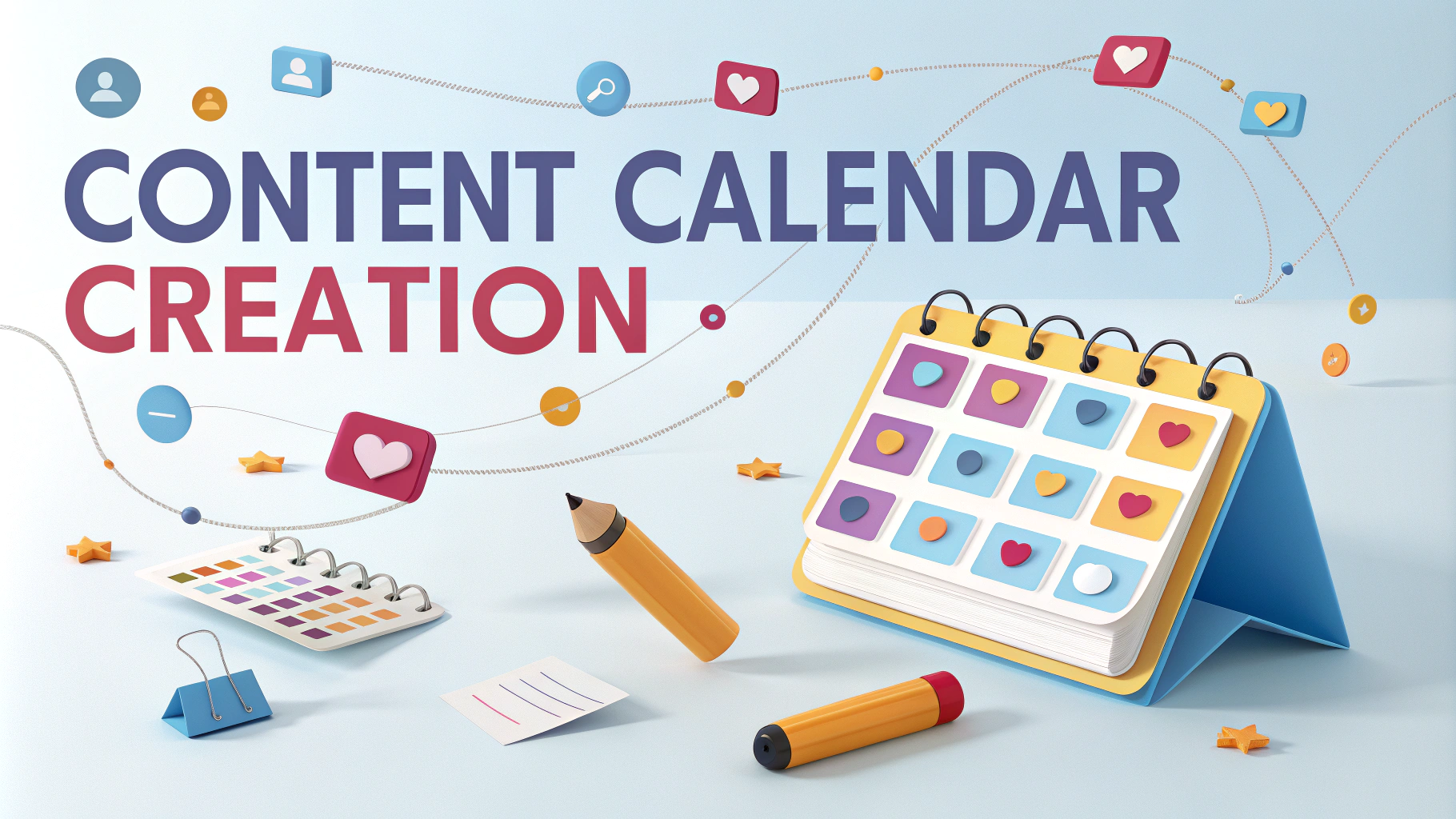

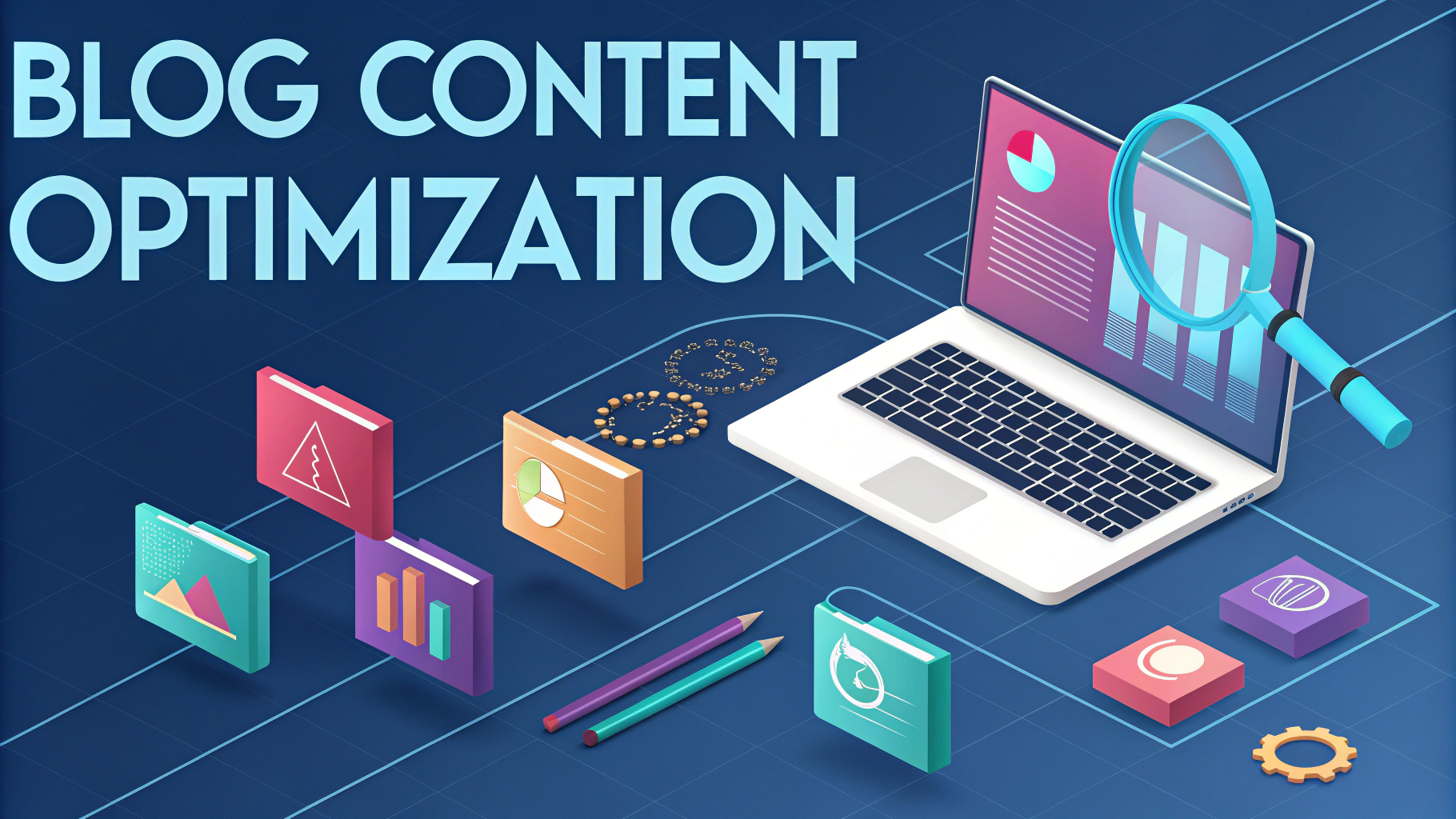
Comments are closed.